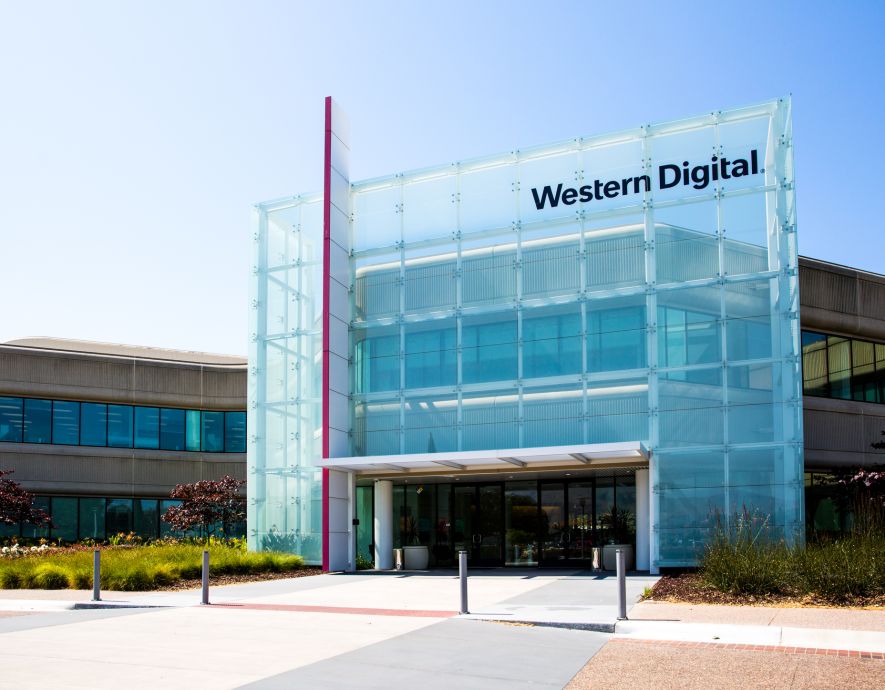
- Home
- Breakfast talk : What future for Internet governance after NetMundial?
Breakfast talk : What future for Internet governance after NetMundial?


The NetMundial conference on Internet governance, which took place in São Paulo on 22 and 23 April 2014, has been an additional step in the future of Internet governance. One month after the conference, the FIC Observatory organised a breakfast talk with Mr David Martinon, the special representative for international negotiations regarding information society and digital economy, and Mr Bertrand de La Chapelle, former member of the board of directors of ICANN.
In the context of an ever-faster expansion of the cyberspace and a strong increase in the related economic, social and security issues, the evolution of Internet governance is the logical continuation of several years of debates in the various international bodies concerned. It has also been accelerated by the Snowden affair, which crystallised for a year all criticisms related to a too US-centric Internet, and emphasised the necessity for the political sphere in all the States concerned to grasp these issues.
NetMundial has thus been a milestone towards the internationalisation of Internet governance, which seems today both a challenge and an unavoidable trend. However, such internationalisation is desired at various degrees by the state, private or public stakeholders that took part in the discussions, according to their own objectives.
The prospect of internationalisation
The US announcement of the transfer of governance from ICANN was the first tangible sign of the internationalisation of Internet governance. If it seems logical that the US preferred making the first move in order to safeguard their legitimacy for the future negotiations, it is also clear that the States – according to their own interests – do not all have the same objectives in terms of internationalisation degree. As underlined by the French digital spokesperson, David Martinon, France cannot accept the current US-centric governance but must proceed cautiously as regards the internationalisation process. Indeed, in the current situation, French authorities can communicate with their US counterparts for any issue related to the Internet, but there is no guarantee that at the end of the above process, making requests will be as easy.
NetMundial’s achievements
The NetMundial conference produced a roadmap reasserting the principle of protecting human rights online and strengthening the multistakeholder model of Internet governance. Indeed, as stressed by Bertrand de La Chapelle, governance must reflect the digital society and bring together governments, private stakeholders, academia and the civil society. Beside the roadmap, the conference was also a success in terms of collaborative and multistakeholder work, thus establishing a model for the next conferences.
What prospects now?
The internationalisation of Internet governance has been initiated, and the roadmap adopted at the NetMundial conference sets a framework for future work. One of the main issues is to identify those stakeholders that will be able to grant a “global public service delegation” and to determine the operating methods that must be adopted to ensure the transparency, accountability and control required for proper Internet governance. Therefore, the issue is mainly political and consists in determining who is mandating whom in an international, multistakeholder governance, whereas in the previous model, everything was decided by one single State.
the newsletter
the newsletter


![Image [Europe Calling] What about cyber sanctions?](https://incyber.org//wp-content/uploads/2024/03/adobestock-749446930-1-885x690.jpeg)
